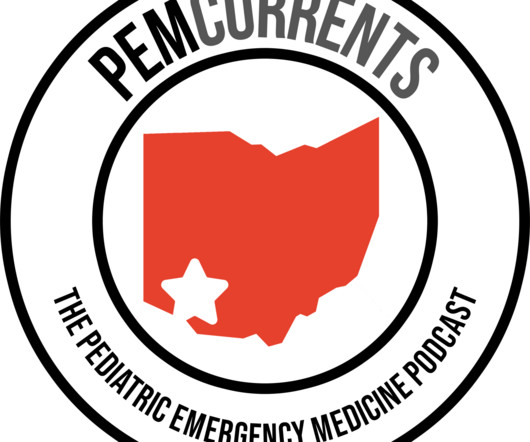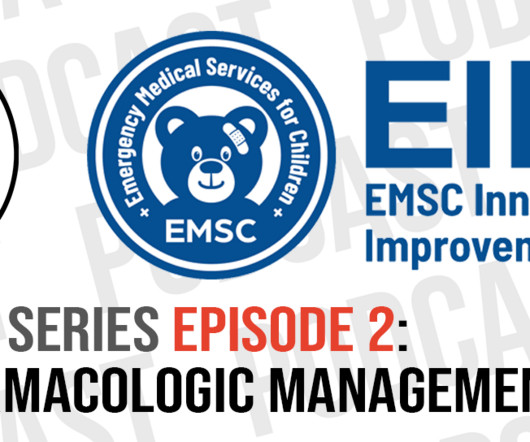You don’t need X-Rays in a child with bronchiolitis, croup, asthma, or first time wheezing
PEMBlog
AUGUST 30, 2023
The Choosing Wisely Pediatric Emergency Medicine Recommendations The Choosing Wisely Campaign Toolkit Expert Contributors Michele Nypaver, MD University of Michigan Ann Arbor, MI, USA michelen@med.umich.edu Jennifer Thull-Freedman, MD Alberta Children’s Hospital Calgary, Alberta, Canada Jennifer.Thull-Freedman@albertahealthservices.ca












Let's personalize your content